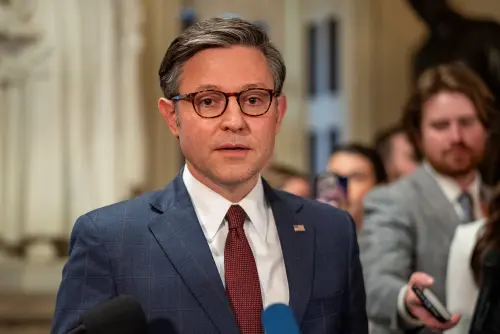Editor’s Note: In an interview with CNN’s Christiane Amanpour, appearing along with Jamie Rubin, who was assistant secretary of state for public affairs in the Clinton administration, Robert Kagan gives his analysis of how each candidate performed during Monday’s presidential debate on foreign policy. See an excerpt below, read the full transcript online and watch the interview.
Christiane Amanpour: So how does the future President of the United States deal with it? How do you make sure that the liberals, the masses of the people who voted with their feet, get what they want and it doesn’t fall into, you know, being hijacked by the minority extremists?
Robert Kagan: Well, I mean, first of all, it’s, unfortunately, even more complicated than that.
The liberals didn’t win in Egypt; the liberals — the grassroots in Egypt are the Muslim Brotherhood. They are the widest, most widely supported organization in the country. So we are going to have to deal with the Muslim Brotherhood. And that makes a lot of people nervous. But we have no choice.
What we need to do is try to make sure that they continue — they were elected democratically. We have to make sure they continue to support a democratic system.
The good news is, as the rulers of Egypt, they need tremendous amounts of support from the international community and the United States. Their economic situation is terrible. They don’t want to preside over an economic disaster. That’s not good for them.
And therefore they need IMF funding. They need American support. And they’ve been behaving that way. They have not abrogated the treaty with Israel and taken other measures that might have been upsetting.
So we have to use the opportunity that we have, when they need this support to say, yes, we will support you. But you must understand that what a democracy does is respect the rights of minorities, et cetera.



Commentary
For U.S. Presidential Candidates, Foreign Policy Is Domestic Policy
October 23, 2012